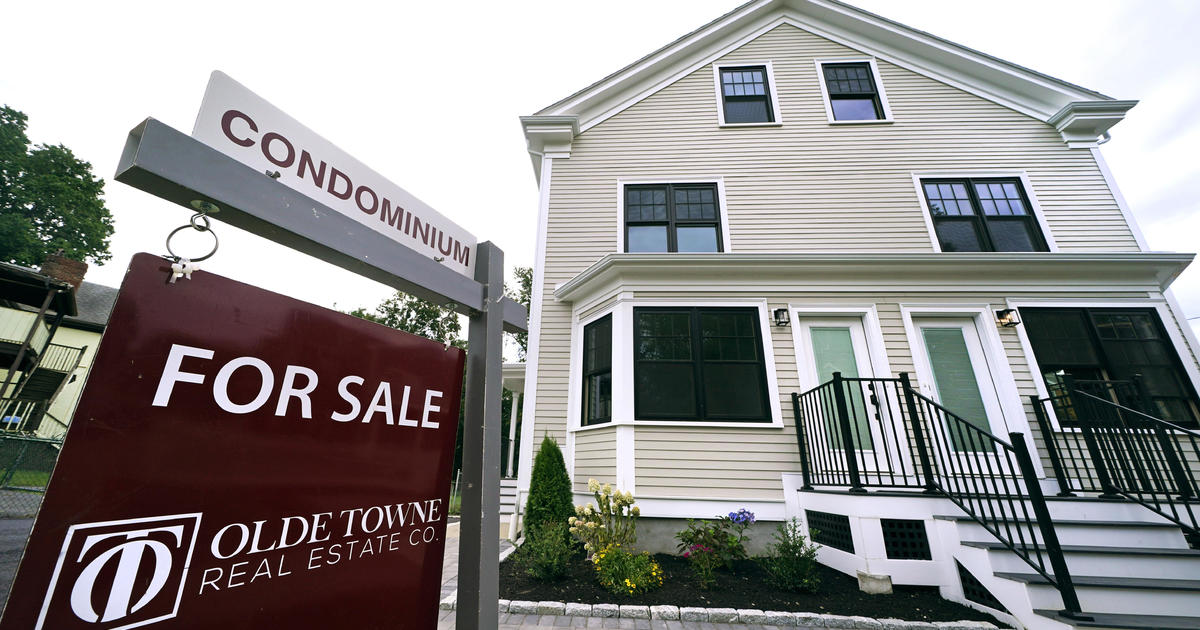America’s red-hot housing market is starting to cool as mortgage rates spike. Home prices in April rose 20.4% from a year ago, according to the latest S&P CoreLogic Case-Shiller Index, down slightly from an increase of 20.6% the previous month.
Abbey Omodunbi, senior economist for PNC Financial Services, attributed the dip to rising borrowing costs, fading consumer confidence and growing economic uncertainty as the Federal Reserve raises its benchmark interest rate in a move to tame inflation.
In another sign the housing sector may have crested, sales of newly built homes and mortgage applications are also tumbling. Homeowners nationwide are starting to lower their asking price as demand softens, Redfin reported last month. The average rate for a 30-year fixed mortgage today is 5.81%, according to Freddie Mac, up from 3.1% at the beginning of the year.
“For buyers and sellers, the road ahead will require more flexibility in pricing, brushing up on negotiation skills and acknowledging that market conditions today are different than even six months ago,” George Ratiu, senior economist at Realtor.com said in a blog post.
MoneyWatch: Mortgage rates and home prices continue rising
03:17
A slowdown in home prices will come as welcome news for prospective buyers. Yet while the competition for properties is easing slightly as rising mortgage costs and high-prices homes chase away some would-be homebuyers, house hunters still face a tough market.
“The slowdown in house price growth is to be expected given the rapid worsening in affordability, caused by surging mortgage interest rates,” Matthew Pointon, senior property economist at Capital Economics, said in a report. “Indeed, with the 30-year rate recently touching 6%, affordability is now worse than at the peak of the mid-2000s housing boom.”
Home prices have continued climbing this year, largely because housing demand has outstripped supply after construction companies cut back on building new homes during the coronavirus pandemic.
How to negotiate increases in rent and navigate rising home prices
05:33
Across the U.S., homes in Tampa and Miami in Florida and Phoenix, Arizona posted the highest year-over-year price increases, according to Case-Shiller, with Tampa seeing a gain of 35.8%, followed by Miami at 33.3% and Phoenix at 31.3%.
Home prices are still growing “at a double-digit pace, showing little sign of substantial easing,” Rubeela Farooqi, chief U.S. economist at High Frequency Economics, said in a report.
By contrast, mid-sized cities like Pittsburgh, Pennsylvania; Minneapolis, Minnesota; Cincinnati, Ohio; Kansas City, Missouri; and Buffalo, New York feature some of the most affordable housing prices in the nation, according to a recent Bankrate study.
Khristopher J. Brooks is a reporter for CBS MoneyWatch covering business, consumer and financial stories that range from economic inequality and housing issues to bankruptcies and the business of sports.
